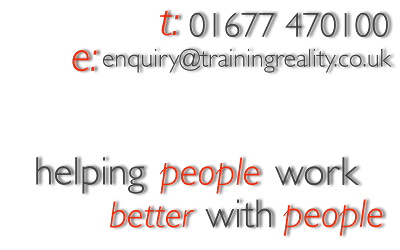Please press (at least!) one of these.
It costs you nothing, and (possibly) helps us spread the word!
Twisted language and distorted meanings
Friday, 26 March 2010
As the tail-end of a parliament, and probably a government, approaches, and despite the strong spotlight shining on their affairs after the expenses furore, behaviour that is, at best, inappropriate emerges from our political class all over the place.
To avoid raising my blood pressure too high, rather than focussing on the actual behaviour, I’m going to look at some of the language used – because becoming more aware of the (conscious or unconscious) linguistic tricks that politicians – and “normal” people – use helps enormously in enriching our understanding of what is really going on.
The impetus for this article was a wonderful article in the FT (Financial Times) by Chris Cook (if you register, you can read it here. Stephen Byers, a former minister, having been caught in a “honeytrap” offering his services as a lobbyist and stating that he could help clients change, alter or prevent laws and regulations that they disliked coming into force (he wasn’t the only one – two other ministers fell into the same trap), made the following statement, that he…
”regretted that my misleading comments might be taken seriously”
Read, and re-read that statement. What is Stephen Byers regretting? Is it that he made misleading comments – something for which he can reasonably be held responsible? Not really, no. He regrets that other people might take his comments seriously – and, as this relates to the behaviour of other people, surely it is unreasonable to hold him directly responsible for that?
Some time ago, on the subject of the potential misuse of NLP you can read it here, I discussed the problems that can arise when people use their knowledge of language to deliberately mislead, distract from and distort the truth. However, it is not an issue with NLP, or with any knowledge of language – the issue is with the intentions of the people who use (misuse) that knowledge.
As part of awareness-raising, it is highly instructive to actively look for phrases used (and the political sphere is a rich seam to mine) that seem perfectly acceptable from a superficial point of view but that, under scrutiny, are either misleading or meaningless. How about these:
I’m sorry you’ve taken it that way
meaning I’m sorry about your behaviour
”X-brand” toothpaste combats oral bacteria
It combats it, but does it win?
Some people say he can’t be trusted
Who says? How many? Does the person saying this agree?
You might find this is the best taste you’ve ever experienced
But then again…
In the comment section below, I’d like to start collecting the most meaningless, distorting and distracting real examples of language that we see. Who is going to start us off?
Please press (at least!) one of these.
It costs you nothing, and (possibly) helps us spread the word!



